Why Capcut is outdated compared to modern AI Tools
Discover why creators in 2025 are leaving behind CapCut for Clippie AI. From automation to monetization, this guide explores how Clippie outperforms traditional editors in every way. Boost your video creation, views, and income with the smarter solution.
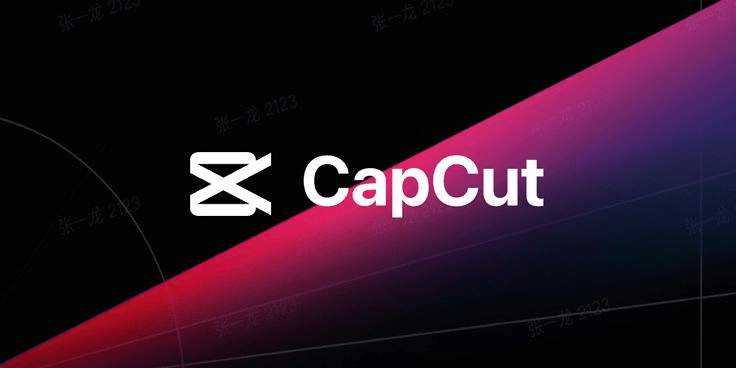
Discover why creators in 2025 are leaving behind CapCut for Clippie AI. From automation to monetization, this guide explores how Clippie outperforms traditional editors in every way. Boost your video creation, views, and income with the smarter solution.
Table of Contents
Introduction: Why CapCut Is No Longer Enough for 2025 Creators
CapCut’s Rise and Its Limitations
The Manual Workflow Problem
Clippie’s 4-Step Video Engine
Template Comparison: Text Stories, Top 5s
Speed Test: Editing vs Automation
Final Verdict: Efficiency = Earnings
Introduction: Why CapCut Is No Longer Enough for 2025 Creators
In 2025, the short-form video landscape has evolved far beyond what most creators expected just a few years ago. Platforms like TikTok, YouTube Shorts, Instagram Reels, and Facebook Reels are flooded with billions of new videos daily, and the competition for views, engagement, and algorithm reach has become more intense than ever.
For years, many creators relied on CapCut as their go-to solution for editing short-form videos. CapCut made it possible for beginners to learn basic editing skills, apply captions, add simple transitions, and create decent content without the need for expensive software like Adobe Premiere Pro or Final Cut Pro.
But in today’s viral-driven creator economy, CapCut’s manual editing model is quickly becoming outdated.
Audiences demand more volume and consistency.
Algorithms reward creators who post 3-5 videos per day.
Manual editing limits how much content you can produce.
Faceless content formats have taken over virality trends.
Monetization requires scalable production, not hours of editing.
Creators need to publish faster, scale smarter, and automate fully.
This is why thousands of creators, from complete beginners to 6-figure faceless brands, are making the switch to Clippie AI. Unlike CapCut, which still requires you to film, edit, caption, and optimize manually, Clippie AI automates:
Video scripting
Faceless video generation
AI-powered voiceovers
Captions, visuals, pacing, and formatting
Viral template structures built for the algorithm
In this full breakdown, we’ll reveal exactly why CapCut has reached its limits, where Clippie AI offers a complete viral video creation engine, and how smart creators are using automation to build scalable faceless channels in 2025, even with zero editing experience.
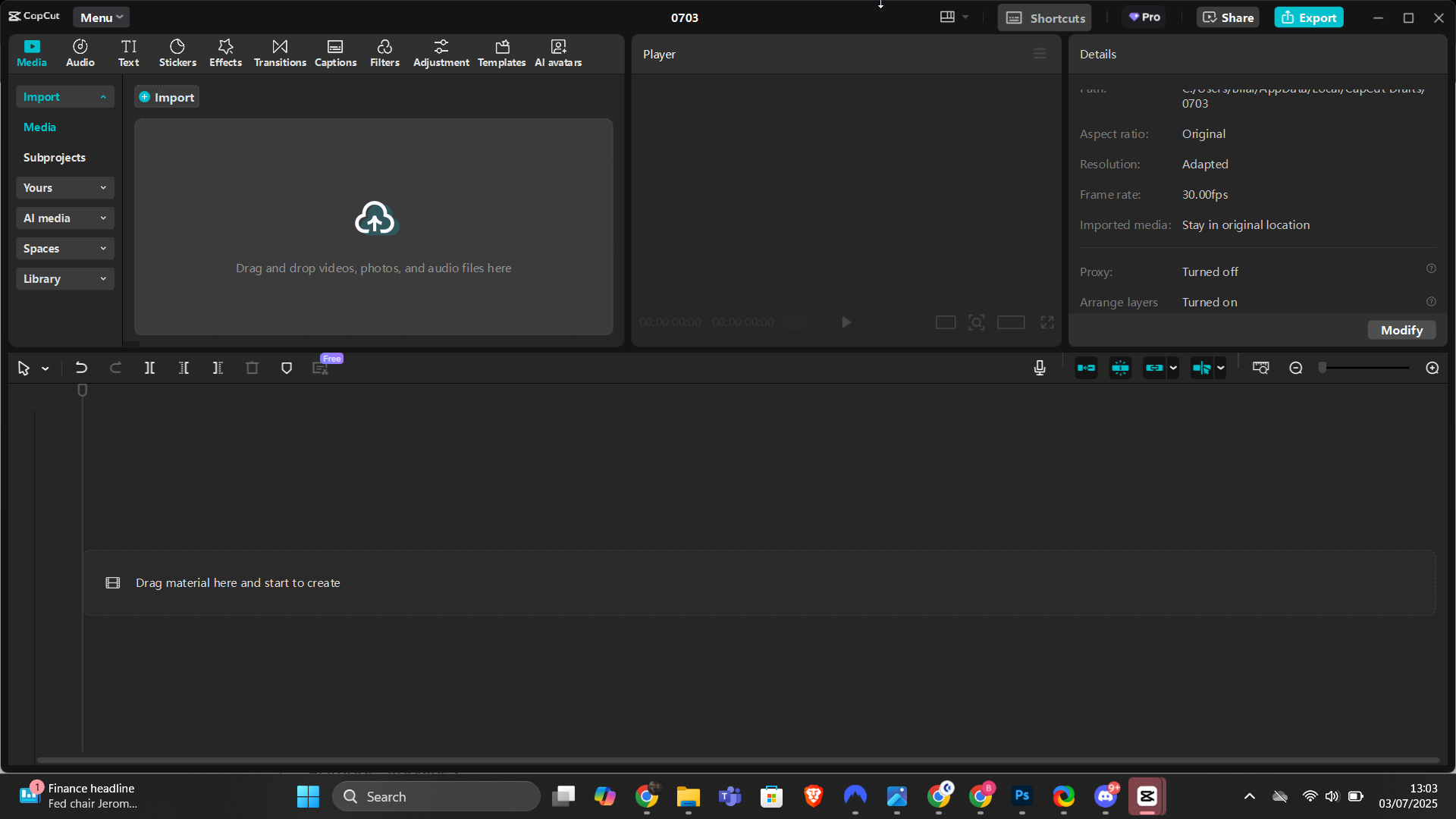
CapCut’s Rise and Its Limitations
CapCut became one of the most popular video editing apps in the world between 2021-2024, largely due to:
Its seamless integration with TikTok
Free access to basic editing tools
Simple drag-and-drop interface
Easy-to-use captioning features
Effects, transitions, and templates
For beginner creators, CapCut provided a critical entry point into short-form editing without expensive software like Premiere Pro or Final Cut. It democratized short-form editing for millions of creators globally.
However, CapCut’s dominance is now hitting a ceiling in 2025 because:
Creators want volume and speed to stay competitive.
Manual editing is not scalable for daily viral content.
Monetization integrations are lacking.
No true automation for faceless or AI-powered content exists inside CapCut.
It still requires you to film, script, and manually edit every clip.
In 2025, short-form platforms demand mass content velocity, and that’s where CapCut simply can’t keep up.
The Manual Workflow Problem
Let’s break down what an average CapCut creator workflow looks like:
✅ Film original video content.
✅ Import footage into CapCut.
✅ Cut clips for pacing.
✅ Add transitions.
✅ Sync music manually.
✅ Add captions manually or semi-auto.
✅ Apply effects and filters.
✅ Export for TikTok, YouTube Shorts, or Reels.
Total time per video: 30 minutes to 1+ hour
Output: 1-2 videos per day (max)
For creators trying to build multiple faceless channels or grow across multiple platforms, this becomes unsustainable quickly.
You burn out trying to meet algorithm demands.
Your content volume stays too low to trigger platform discovery engines.
Viral opportunities are lost due to production bottlenecks.
In short: CapCut editing = good for hobbyists, terrible for scalable businesses.
Clippie’s 4-Step Video Engine
Clippie AI was built specifically to eliminate all manual production bottlenecks by fully automating faceless viral video creation.
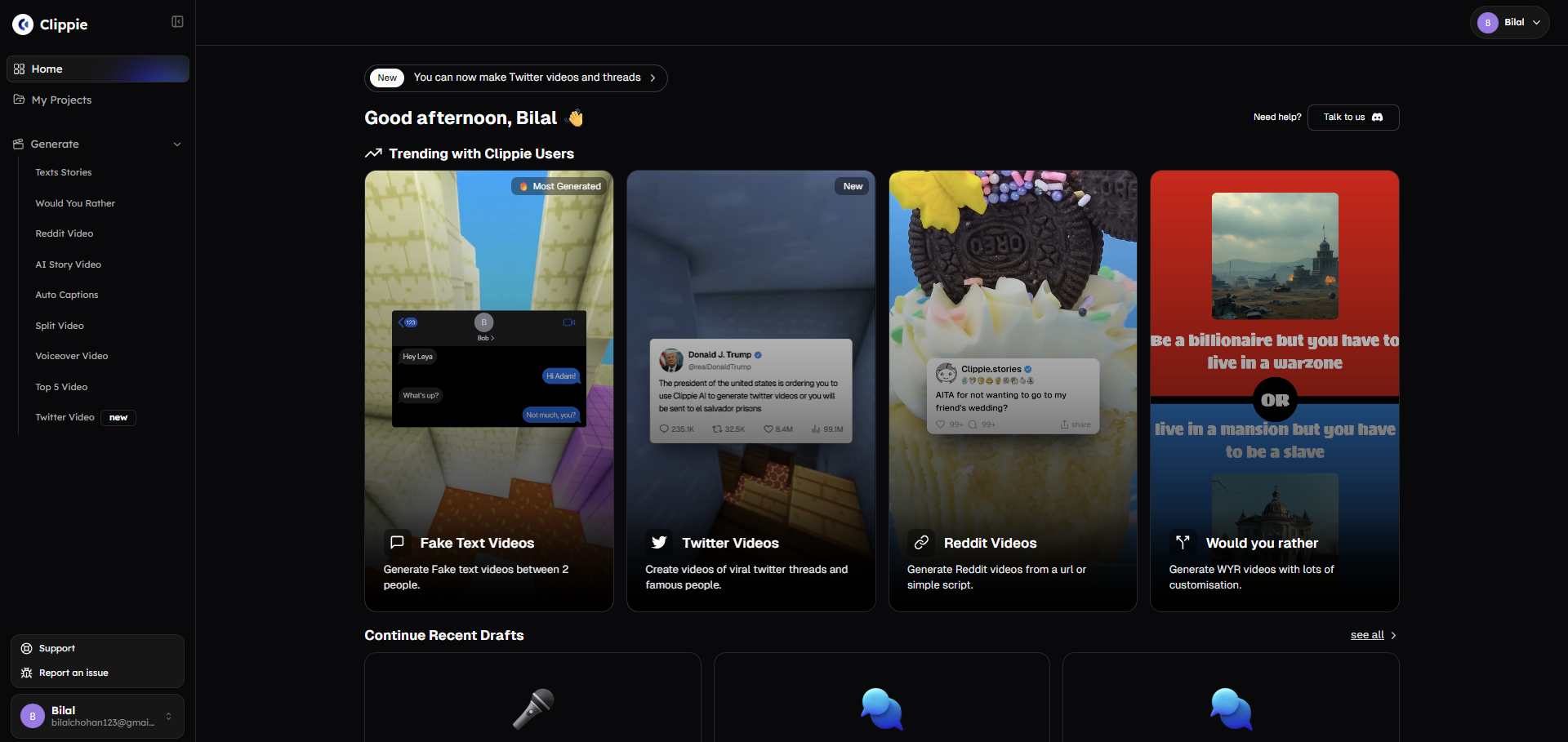
Here’s how Clippie’s 4-Step Video Engine works:
1️⃣ AI-Powered Script Creation
Generate viral hook-based scripts automatically.
Import trending viral scripts from TikTok or YouTube Shorts.
Use built-in prompts to customize for your niche.
2️⃣ Template Selection
Choose viral-tested faceless formats:
Text Story Simulations
Top 5 Countdowns
Would You Rather Polls
AI Storylines
Quizzes
Product Explainers
3️⃣ AI Voiceover & Captions
Automatically narrate your videos in natural AI voices (multiple languages supported).
Captions fully synced with voiceover timing.
No manual captioning, syncing, or subtitle styling required.
4️⃣ Batch Export for Multi-Platform Posting
Auto-format for TikTok, YouTube Shorts, Instagram Reels, and Facebook Reels.
Export 10+ videos in one session.
Ready-to-upload content built for algorithm success.
Total time per video: 3-5 minutes
Output: 10-20 videos per day easily
This level of production automation allows creators to scale viral faceless channels faster than ever before.
Template Comparison: Text Stories, Top 5s
While CapCut offers limited templates mostly focused on visual effects, Clippie AI focuses on viral performance templates that algorithmically drive growth.
Text Story Videos (Exclusive to Clippie)
iPhone or Instagram-style chat simulations.
High engagement through cliffhanger storytelling.
Proven format for YouTube Shorts and TikTok virality.
Top 5 Countdown Videos
Leverages listicle psychology ("Top 5 AI Tools for Passive Income").
Keeps viewer attention across multiple points of interest.
Drives full-watch completion rates critical for algorithm boosts.
Would You Rather Polls
Built for viral comment engagement.
Drives huge interaction rates that trigger algorithm promotion.
Nearly impossible to replicate manually inside CapCut.
AI Image Storylines
Entire stories built with AI-generated visual assets.
Great for product showcases, educational explainers, and visual storytelling niches.
Fully automated — no video footage needed.
Quiz-Based Videos
Highly sharable educational content format.
Boosts watch time via viewer participation.
Optimized for TikTok and Reels education verticals.
CapCut simply can’t compete with this viral structure-first model that Clippie AI uses to help creators engineer algorithm success.
Speed Test: Editing vs Automation
Let’s do a real-world time comparison:
CapCut Creator Workflow:
Film video: 20-60 minutes
Edit footage: 30-60 minutes
Add effects/captions: 15-30 minutes
Export and upload: 5 minutes
Total per video: ~1-2 hours
Max output/day: 1-2 videos
Clippie AI Workflow:
Input script or topic: 2 minutes
Auto-generate video: 1-3 minutes
Export to all platforms: 1 minute
Total per video: 3-5 minutes
Max output/day: 10-20 videos
Key Difference:
Clippie AI delivers 10X production volume without burnout or editing fatigue.
This production advantage is exactly why so many creators are switching to full AI-powered video engines rather than getting trapped in endless manual editing cycles.
Final Verdict: Efficiency = Earnings
In 2025, virality is a function of volume, retention, and monetization velocity.
Creators who scale faster win faster. That’s why smart creators are ditching CapCut’s manual process for full automation with Clippie AI.
The Bottom Line:
✅ CapCut is great for hobbyists.
❌ CapCut is inefficient for faceless channel businesses.
✅ Clippie AI is purpose-built for faceless content at scale.
✅ Clippie delivers viral-tested templates, monetization integration, AI scripting, and full automation.
✅ Clippie allows creators to build
multiple channels across multiple niches simultaneously.
If your 2025 goal is to:
Scale multiple faceless viral brands
Build consistent income streams via affiliate marketing, TikTok Shop, and YouTube Partner Programs
Stop wasting hours manually editing
Focus on strategy, not production
Automate short-form content without filming or hiring editors
Read more
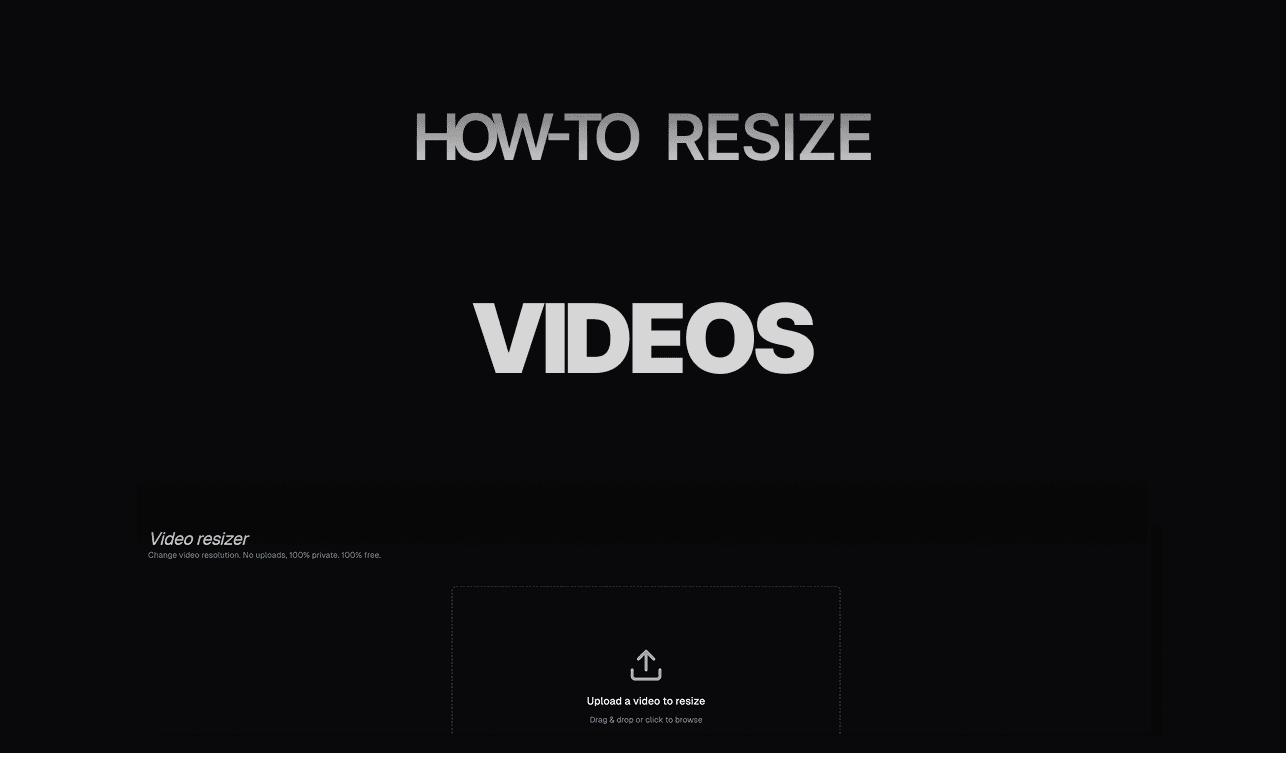
How to Resize Videos with Clippie AI (2026 Guide)
Learn how to resize videos with Clippie AI to fit TikTok, YouTube Shorts, and Instagram Reels correctly.
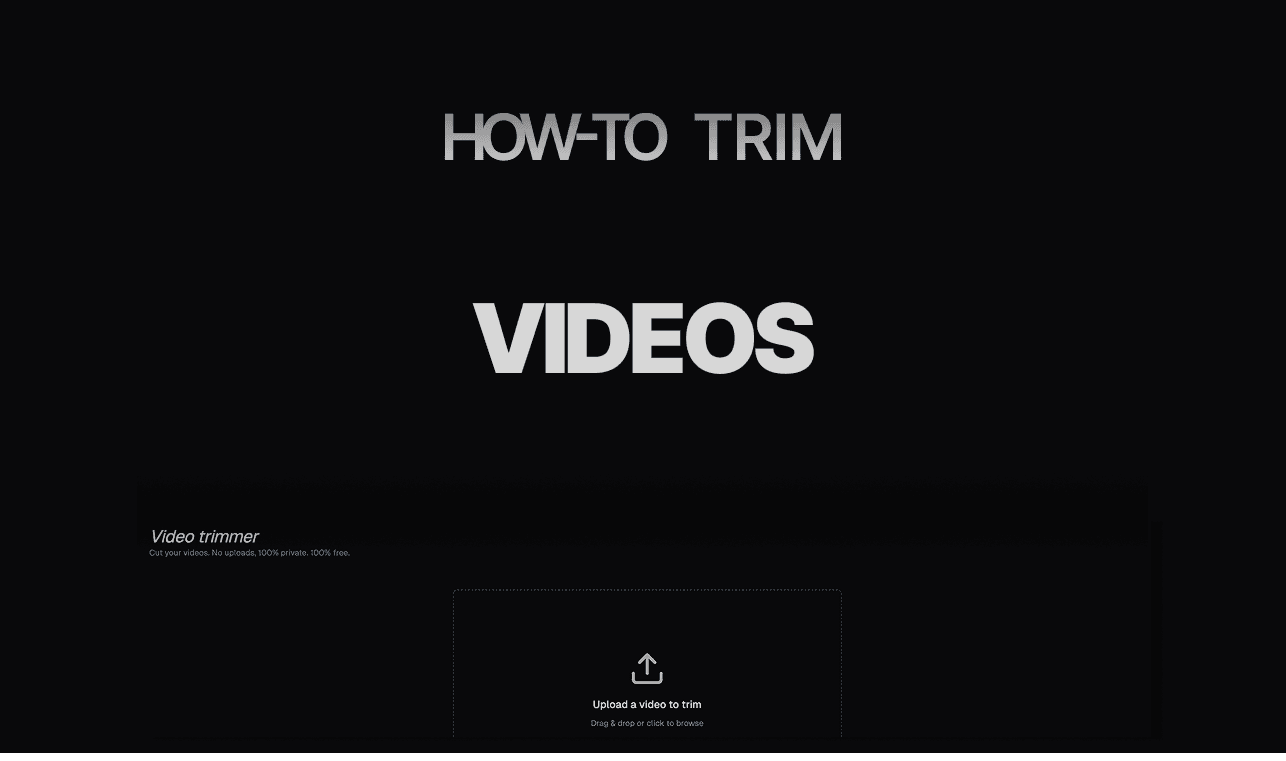
How to Trim Videos with Clippie AI (2026 Guide)
Learn how to trim videos using Clippie AI to remove unnecessary parts and improve pacing for short form platforms.
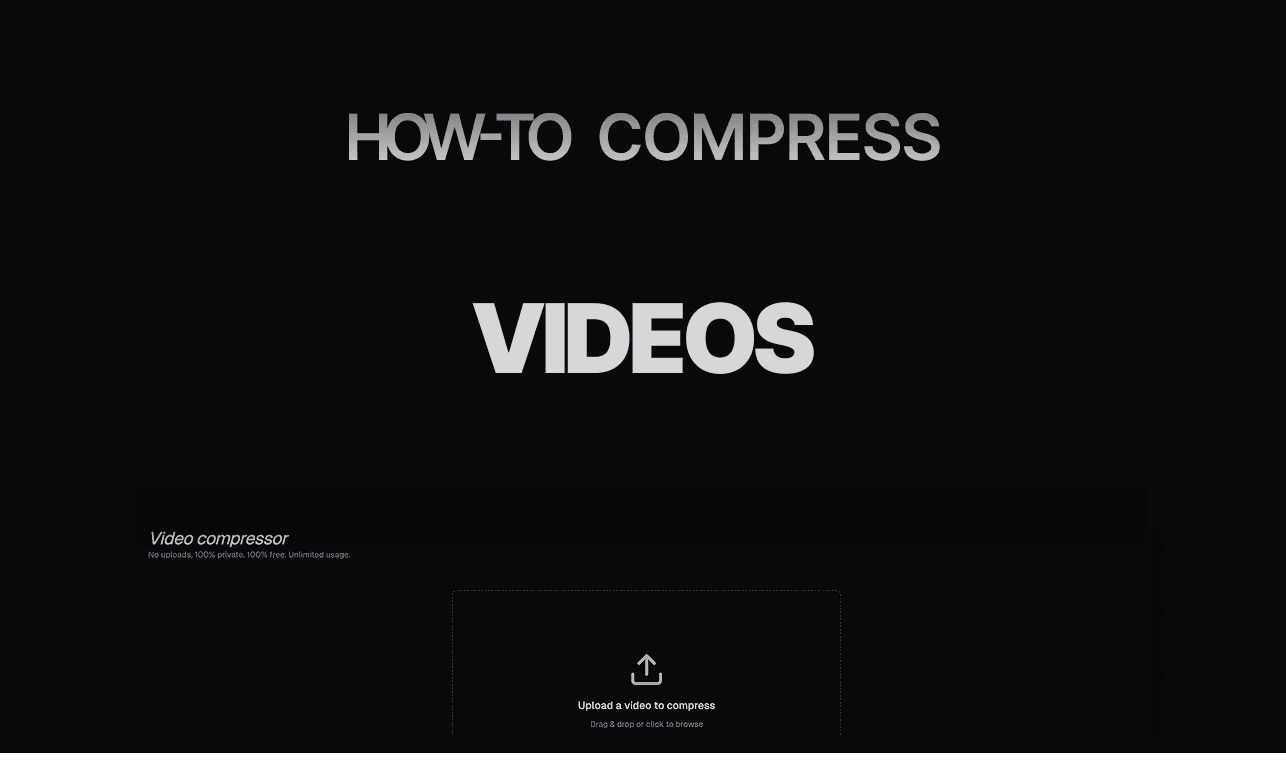
How to Compress Videos with Clippie AI (2026 Guide)
Learn how to compress videos with Clippie AI to reduce file size while maintaining quality for faster uploads.